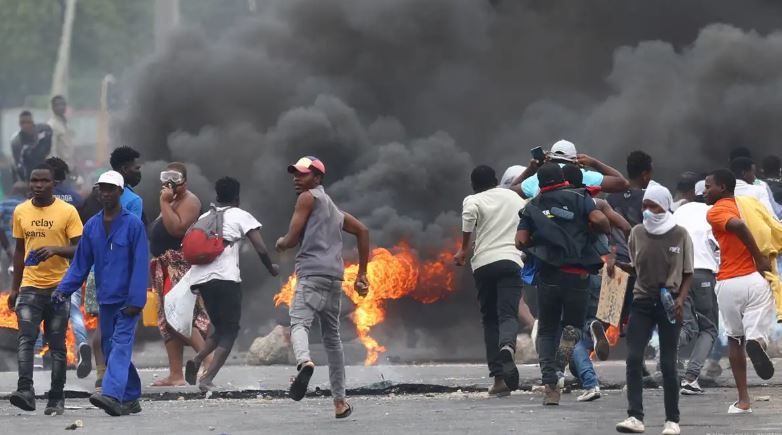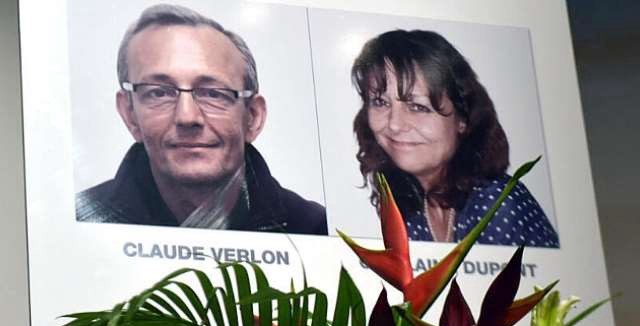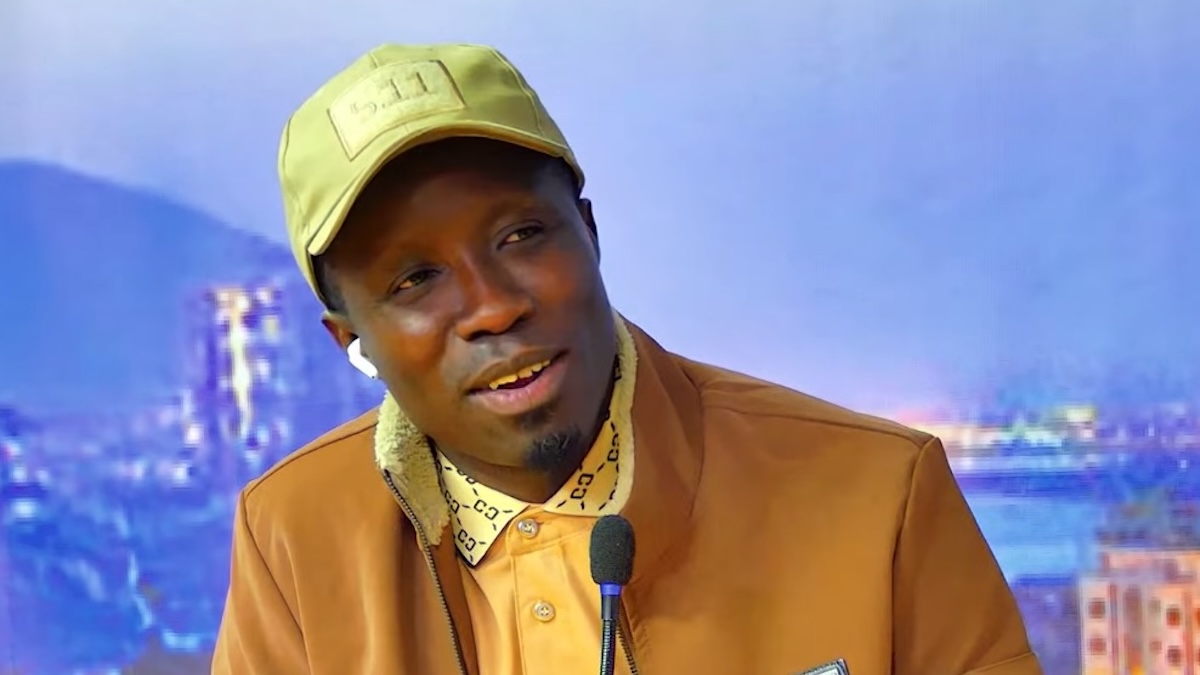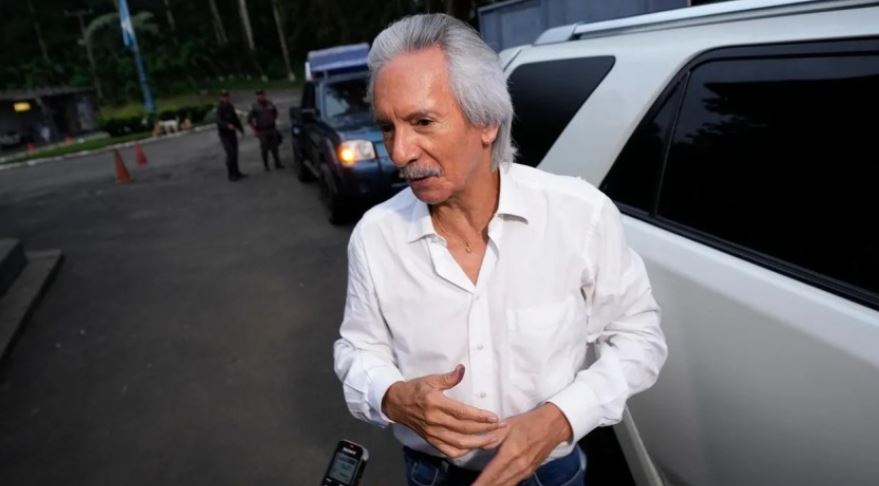
The Guatemalan court cancels the release order of journalist José Rubén Zamora and orders his return to prison
November 15, 2024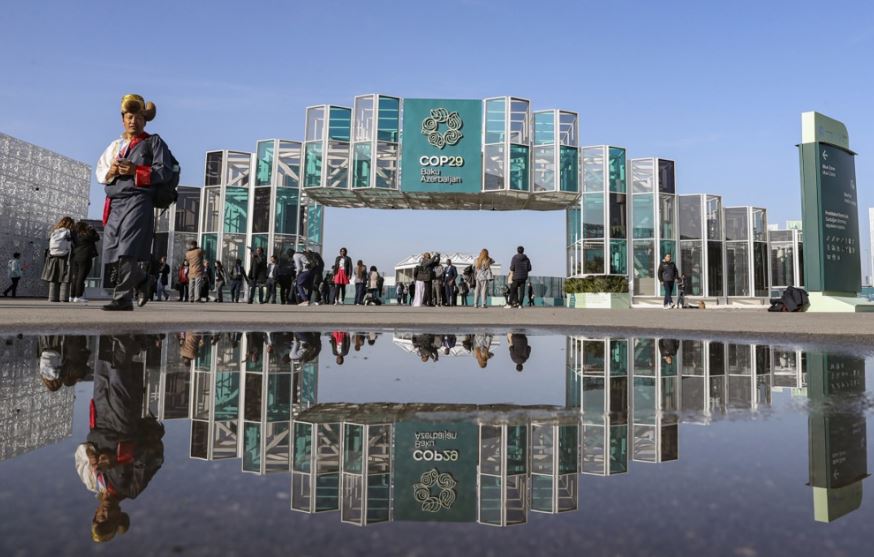
Azerbaijan Silences Journalists Under COP29 Spotlight
November 15, 2024November 15, 2024 – Mozambique/Nigeria –
During Mozambique’s disputed October 9, 2024, general election, independent journalists found themselves under unprecedented pressure as protests swept the country. The violence—spurred by alleged electoral fraud—continued well into early 2025. In this turbulent environment, the press became a direct target, with journalists facing arrests, beatings, and equipment seizures.
On November 14, 2024, News Central TV, a Nigerian outlet, confirmed that its correspondent Bongani Siziba and cameraman Sbonelo Mkhasibe—both based in South Africa—were detained in Maputo alongside translator Charles Mangwiro from Radio Moçambique. Blindfolded and held in a military‑style compound, they endured questioning and denial of medication before being released the next day. The detention prompted immediate condemnation from their employer and regional press bodies, including the Media Institute of Southern Africa (MISA), demanding transparency and swift release.
Violence extended beyond detention. On November 13, Radio TV Encontro reporters Cesar Rafael and Valdimiro Amisse were chased by plainclothes agents in Nampula who fired and physically assaulted them, demanding the deletion of protest footage. Earlier, on November 4, Lusa cameraman Paulo Julião suffered a rubber bullet wound in Maputo while covering anti-election demonstrations.
These acts came amid a brutal crackdown. According to Amnesty International, police and military forces used excessive lethal and non-lethal weapons during protests between October 21, 2024, and January 2025, resulting in hundreds of civilian deaths and thousands of arrests; internet blackouts also restricted reporting. CPJ warned that Mozambican journalists were “in the crossfire,” with at least nine detained and several assaulted, while foreign journalists were expelled or harassed.
The Mozambican government has justified these actions as countering misinformation, but press freedom advocates characterize them as premeditated efforts to silence scrutiny during a political crisis, particularly targeting those covering protests and state violence.
The release of the Nigerian team and Mozambican reporter signals a potential crack in the authorities’ resolve. Yet press groups continue to call for meaningful legal reforms and institutional safeguards. They insist Mozambique must end its pattern of arbitrary detentions, ensure access for international media, and guarantee journalists can report without fear. As protests and political tensions persist into 2025, protecting press freedom remains essential for democratic accountability and public trust.
Reference –
Journalists in the crossfire of Mozambique’s post-election crisis
https://www.dw.com/en/mozambique-releases-nigerian-outlets-detained-journalists/a-70797109

